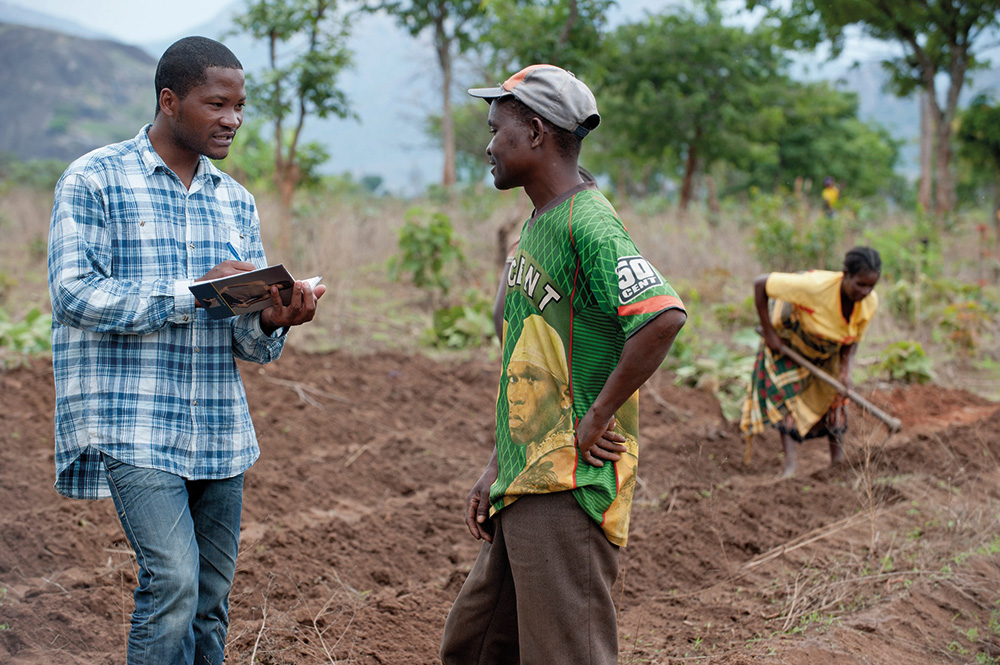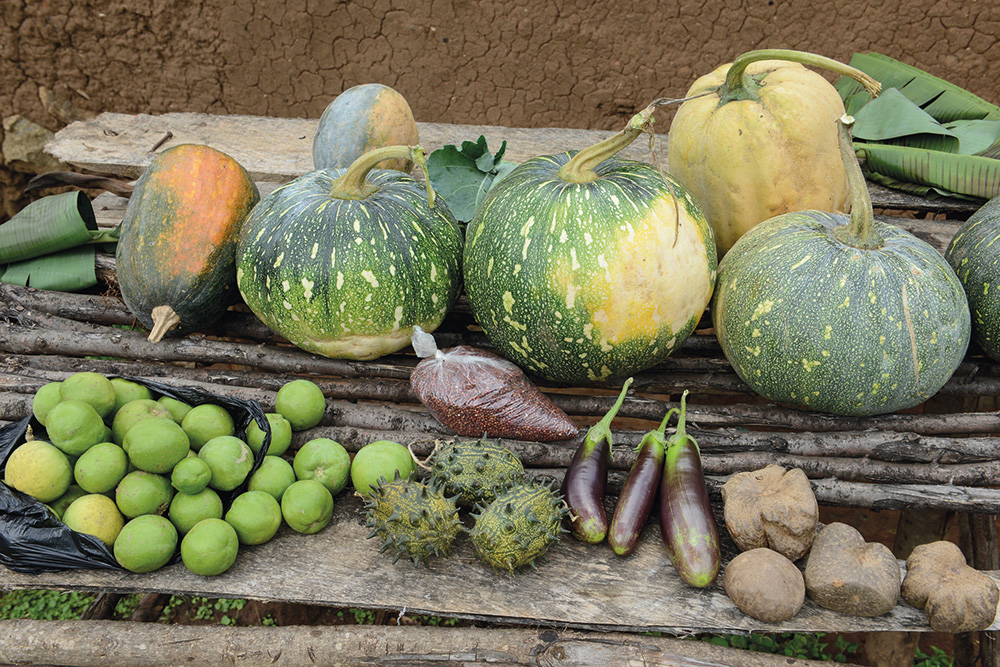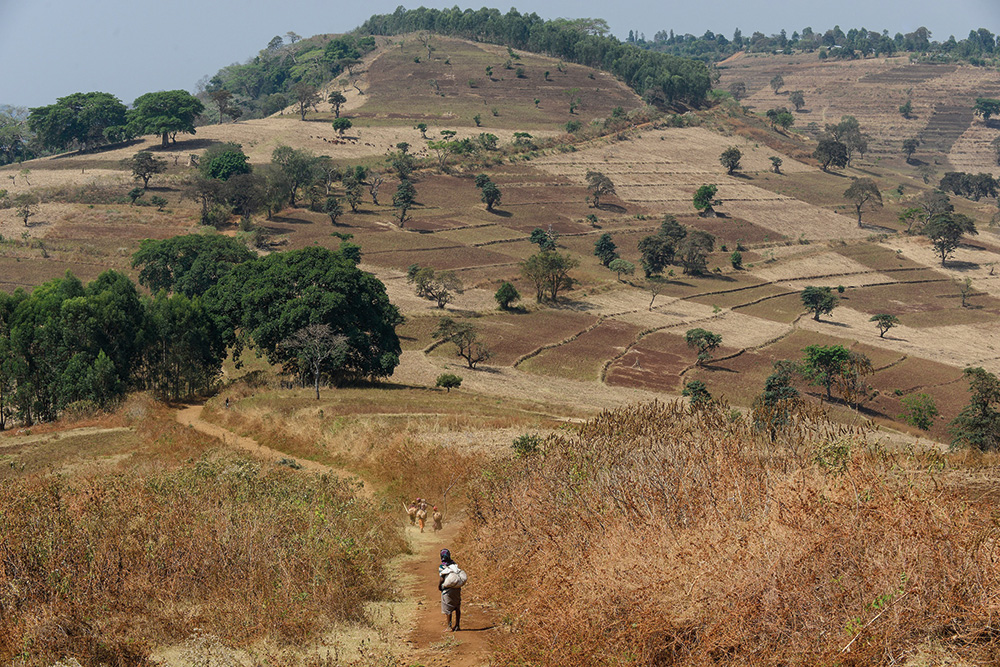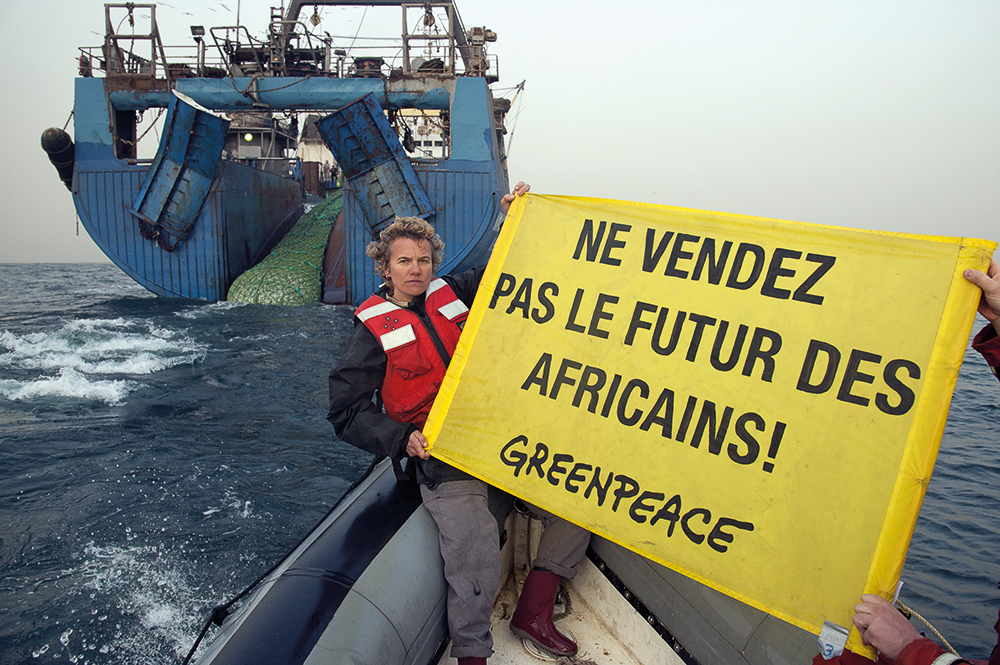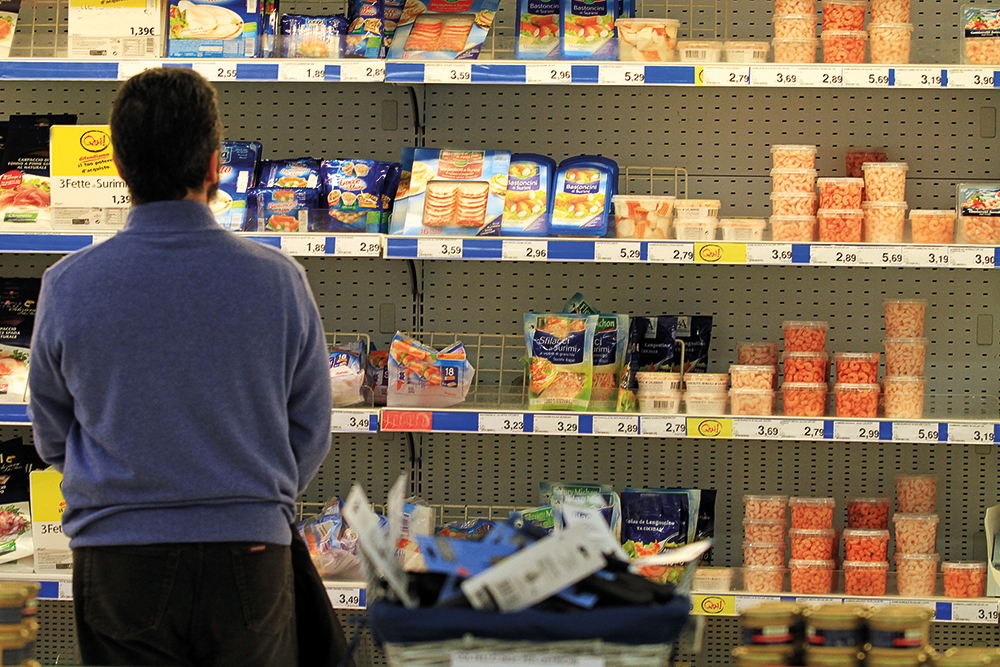SDGs: Better process, worse outcome
Meant well doesn’t always mean done well. The Sustainable Development Goals are all set to undermine themselves, Stephan Klasen maintains. The worst aspect is that people, who really ought to be at the focus, threaten to fall by the wayside in this technocratic maze of hundreds of goals, targets, and indicators.




